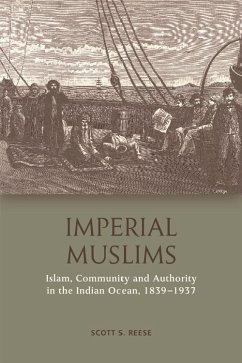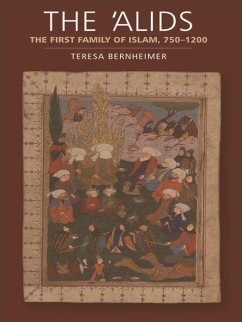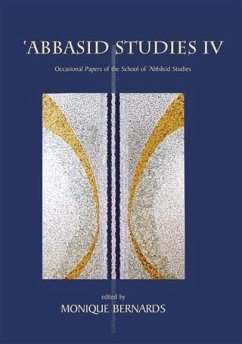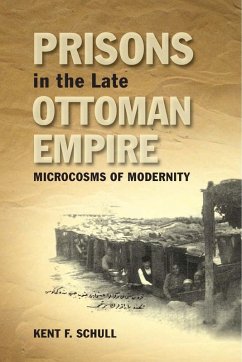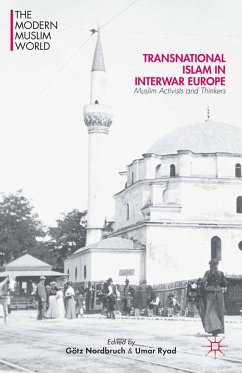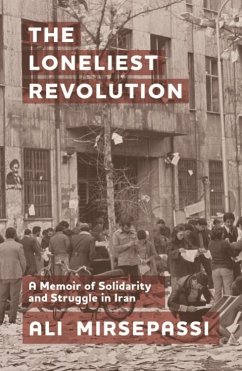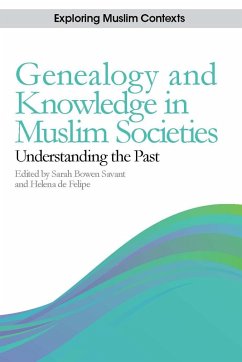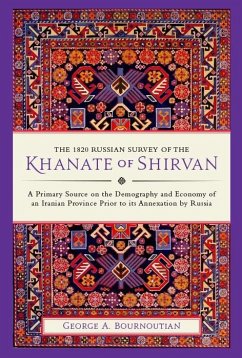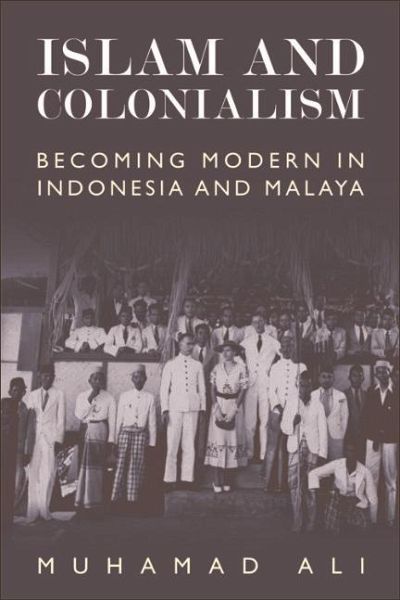
Islam and Colonialism (eBook, PDF)
Becoming Modern in Indonesia and Malaya

PAYBACK Punkte
0 °P sammeln!
It is commonly held that European colonization and the efforts to modernize Muslim lands challenged Islam and undermined local custom, and that Islamization was generally opposed to European ideas and technologies and rejected local beliefs and practices. While colonial historiographies tend to focus on the influence of European actors, Muslim nationalist and postcolonial scholars emphasize Muslim and native agencies. In the Netherlands East Indies and British Malaya, however, the ideas and actions associated with the concept of modernity were formed as an outcome of the interplay between Isla...
It is commonly held that European colonization and the efforts to modernize Muslim lands challenged Islam and undermined local custom, and that Islamization was generally opposed to European ideas and technologies and rejected local beliefs and practices. While colonial historiographies tend to focus on the influence of European actors, Muslim nationalist and postcolonial scholars emphasize Muslim and native agencies. In the Netherlands East Indies and British Malaya, however, the ideas and actions associated with the concept of modernity were formed as an outcome of the interplay between Islamic reform and European colonialism. In this book, the author offers a comparative and cross-cultural history of Islamic reform and European colonialism as both dependent and independent factors in shaping the multiple ways of becoming modern in Indonesia and Malaya during the first half of the twentieth century. In formulating and advancing their respective projects of organizational, political, legal, and educational reform, Muslim reformers and European colonial scholars and administrators often differed, but they were not always antagonistic. They sometimes worked in tandem in order to achieve common ends. The colonialists did not necessarily oppose Islam and local customs, and Islamic reformers did not always resist Western colonial rule and the processes of modernization and localization.
Dieser Download kann aus rechtlichen Gründen nur mit Rechnungsadresse in A, B, BG, CY, CZ, D, DK, EW, E, FIN, F, GR, HR, H, IRL, I, LT, L, LR, M, NL, PL, P, R, S, SLO, SK ausgeliefert werden.




